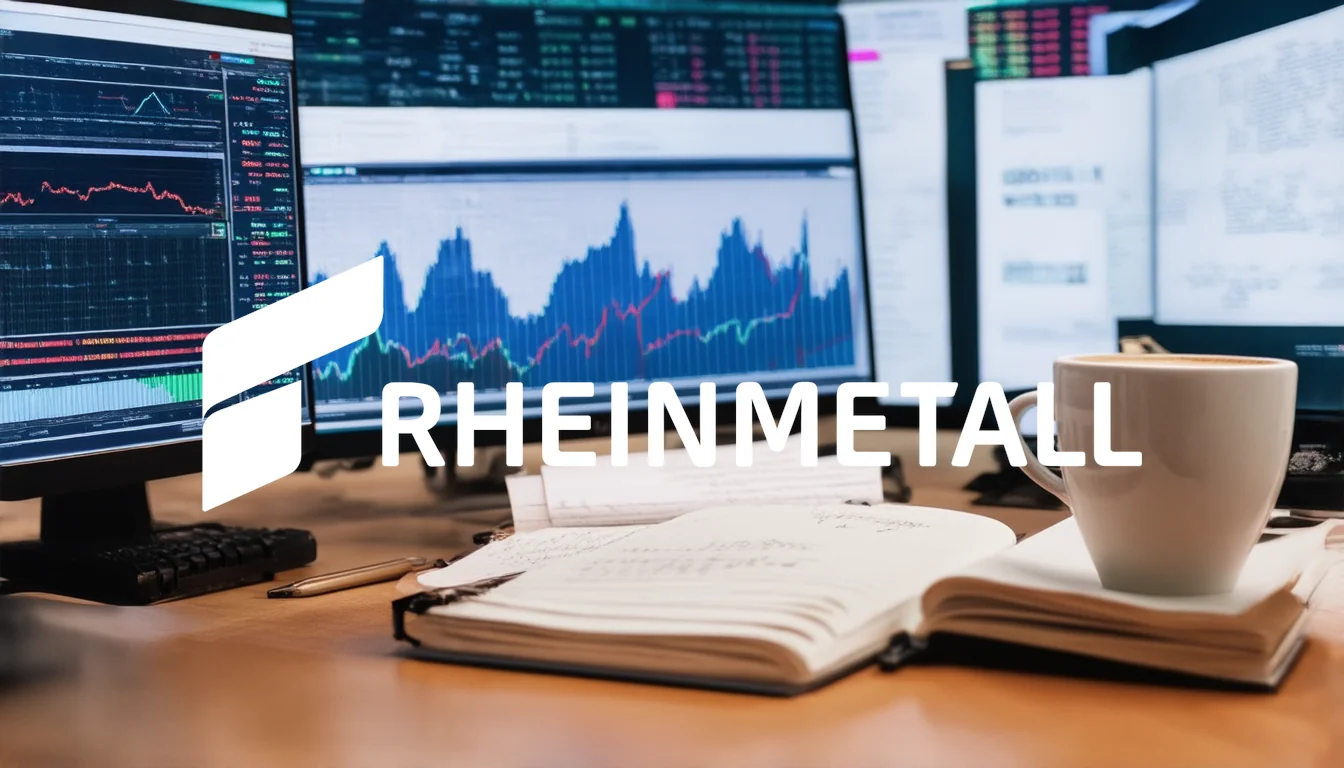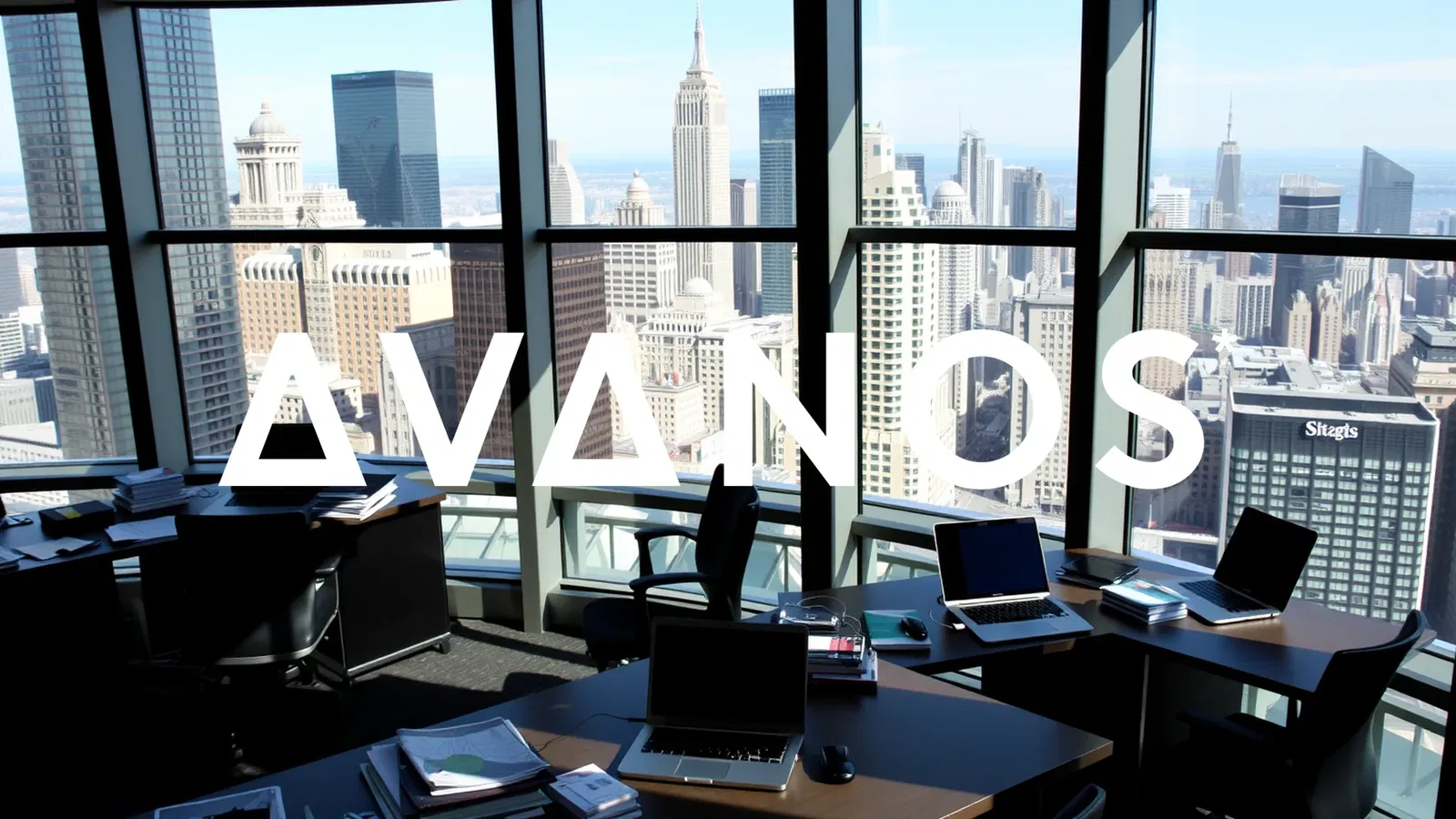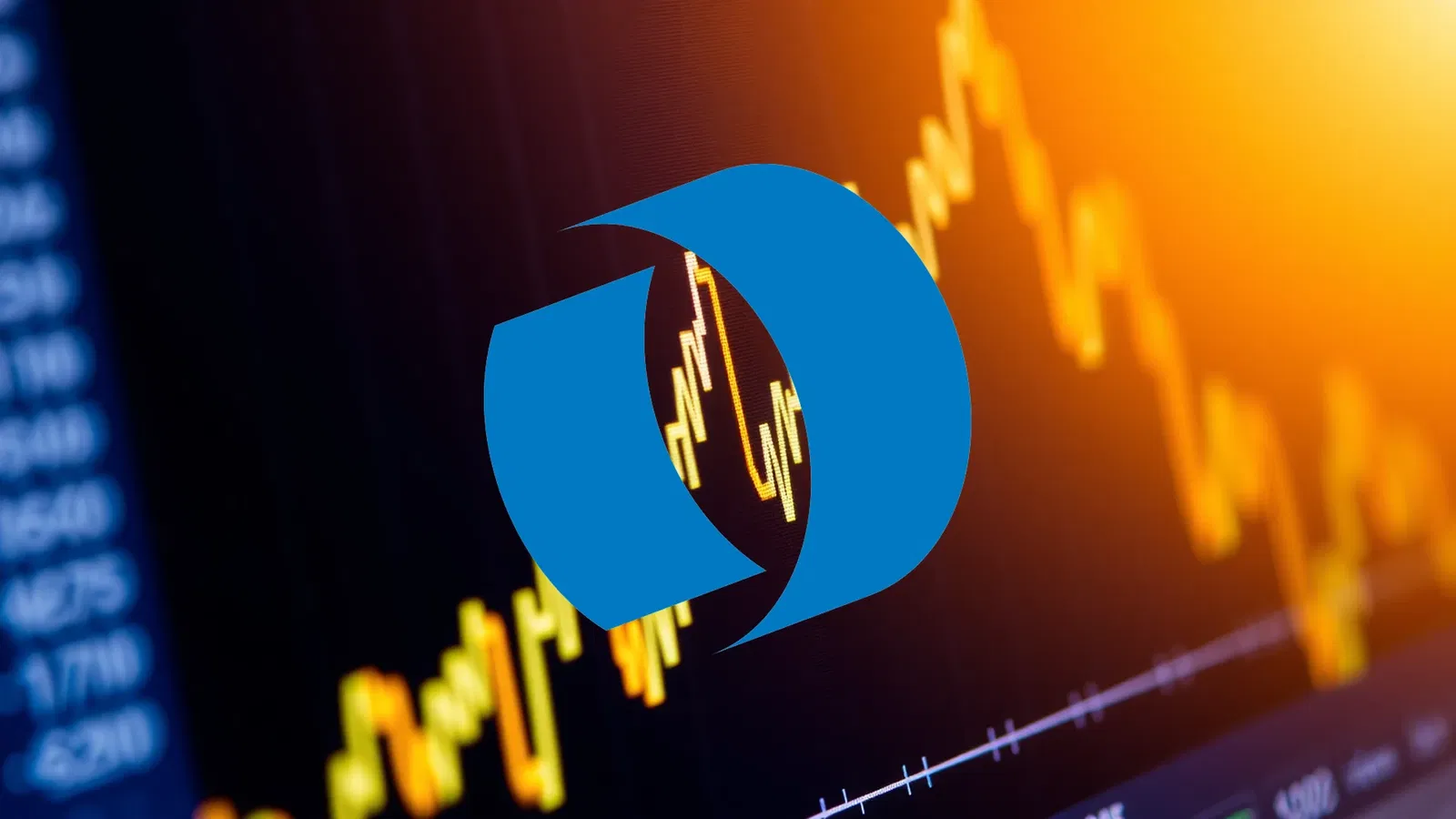Within Europe’s burgeoning defense industry, two German companies present investors with distinctly different value propositions. The competition for capital allocation pits Düsseldorf-based Rheinmetall, a behemoth of integrated systems, against Hensoldt, a specialist in cutting-edge technology. This analysis contrasts a titan leveraging its massive scale against a nimble expert commanding premium profitability.
Contrasting Business Models and Market Position
The disparity in their market valuations immediately highlights their different standings. Rheinmetall boasts a market capitalization of €73.31 billion, towering over Hensoldt’s €9.84 billion valuation. This seven-fold difference is a direct reflection of their fundamentally divergent operational approaches.
Rheinmetall operates as a full-spectrum defense contractor. Its extensive portfolio encompasses everything from ammunition and armored vehicles to comprehensive logistics support, acting as a primary integrator for large-scale defense projects. In stark contrast, Hensoldt has carved out a dominant position in a specialized niche. It focuses on high-margin sensor and radar technologies, effectively providing the critical electronic nervous system for modern weapon platforms.
Strategic Advantages: Size Versus Agility
Rheinmetall’s primary strength is its overwhelming market presence and scale. The company reported an enormous order backlog of €63 billion as of Q2 2025, granting it significant pricing power and leverage with both suppliers and government clients. This scale, combined with a broad diversification across various weapon systems, insulates the company from the risks associated with any single major program cancellation. Furthermore, its deep, long-standing integration into NATO procurement frameworks creates high barriers to entry for any potential new competitors.
Hensoldt’s strategy counters with technological superiority and agility. By concentrating its efforts on high-tech domains like sensorics, optronics, and electronic warfare, the company achieves a faster pace of innovation. This allows it to respond more rapidly to emerging battlefield threats, such as drone swarms and cyber warfare—a key advantage where larger, more bureaucratic entities may be slower to react.
Growth Metrics and Order Momentum
A comparison of key performance indicators reveals robust growth for both entities, albeit from vastly different starting points.
| Metric | Rheinmetall | Hensoldt |
|---|---|---|
| Order Backlog | €63.0 billion | €7.07 billion |
| Book-to-Bill Ratio (Q1 2025) | 1.46 | 1.5 |
| Order Intake (Q1 2025) | €3.36 billion | Strong Momentum |
Notably, Hensoldt’s book-to-bill ratio of 1.5 slightly exceeds Rheinmetall’s already strong 1.46. This indicates that the specialist is capturing a disproportionate share of new business relative to its size, benefiting robustly from the same defense spending tailwinds.
The Profitability Divide
The most telling contrast emerges in profitability. Hensoldt is targeting an adjusted EBITDA margin of approximately 18% for 2025. Rheinmetall, for the first half of 2025, reported a group operating margin of 10.0%, though its dedicated defense segment performed better at 12.4%.
This margin gap is structural. Hensoldt’s focus on high-value software and sophisticated electronic components inherently commands higher prices and yields better margins than Rheinmetall’s capital-intensive manufacturing of heavy hardware. Scaling software and sensor technology is inherently more profitable than producing steel behemoths.
Future Outlook: Symbiosis Over Rivalry
The most probable future scenario is not one of direct competition, but of continued coexistence and even collaboration. Rheinmetall is solidifying its role as Europe’s premier systems house, integrating complex platforms. In this ecosystem, Hensoldt is positioned as an indispensable supplier of the advanced electronic brains required for those very systems.
A second scenario could disproportionately benefit Hensoldt. As the role of electronics, data, reconnaissance, and electronic warfare continues to expand in modern combat, the company’s specialized niche may experience growth rates that outpace the broader market for traditional weapon systems.
Investment Conclusion: Aligning with Investor Profile
The investment case for each company aligns with different risk appetites. Rheinmetall offers market dominance, immense scale, and a diversified portfolio, presenting a more stable equity story for conservative investors betting on established market power.
Hensoldt provides exposure to superior profitability and the potential for above-market growth driven by the technological transformation of defense. This opportunity comes with a correspondingly higher risk-reward profile, appealing to those seeking growth.
Both entities are clear beneficiaries of Europe’s defense spending surge, yet they offer investors unique pathways to capitalize on this multi-year trend. The choice ultimately hinges on an investor’s preference for stability or high-growth technological specialization.
Ad
Rheinmetall Stock: Buy or Sell?! New Rheinmetall Analysis from February 7 delivers the answer:
The latest Rheinmetall figures speak for themselves: Urgent action needed for Rheinmetall investors. Is it worth buying or should you sell? Find out what to do now in the current free analysis from February 7.
Rheinmetall: Buy or sell? Read more here...












